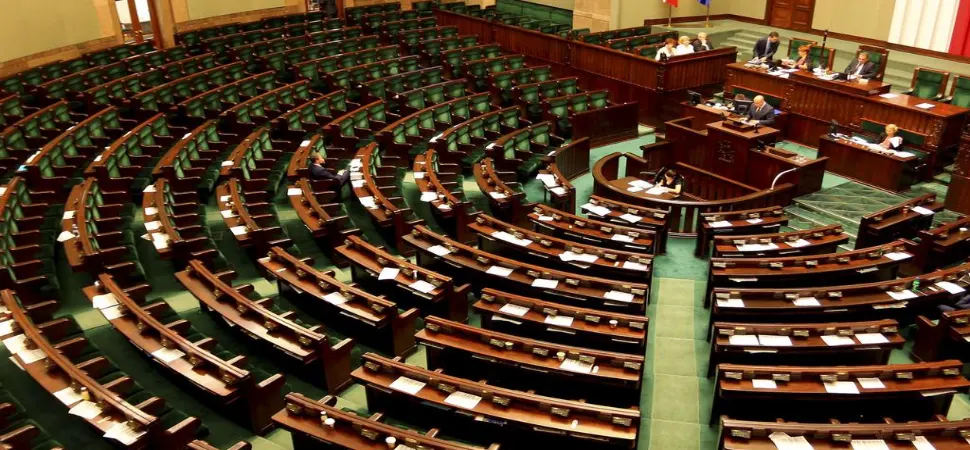13.03.2024
Евгений Лебедев
516

The year 2024 heralds optimism about Poland's economy, but it requires a proactive response to existing challenges. Although the economy has a solid foundation for dynamic growth, there are pressing problems that require attention. According to the Polish Chamber of Commerce (KIG), the coming months will be crucial for businesses, investors and the government in terms of good governance, investment strategies and sustainability initiatives.
Adopting sustainability as a major theme
The Polish Chamber of Commerce predicts that 2024 will be a litmus test for many companies in terms of their readiness for sustainability-related changes. The implementation of the new Corporate Sustainability Reporting Directive (CSRD) obliges companies to provide non-financial reports, thereby incentivizing participation in the areas of environmental, social and governance (ESG). Sustainability efforts yield not only environmental and social dividends, but also economic benefits. Notably, in recent years, the investment community has shown increased interest in companies that demonstrate environmental stewardship, respect employee rights and adhere to sound corporate governance practices. Thus, investing in sustainability is becoming not only a moral imperative, but also a strategic maneuver that contributes to long-term business prosperity.
Export dynamics and inflation management
Poland's exports continue to develop at a high level and forecasts for 2024 are optimistic. However, economists remain vigilant about the inflation rate, which, although moderate, deserves attention due to rising commodity and energy prices. The implementation of sound economic policies is becoming a prerequisite for maintaining stability. Poland's export sector has long been recognized as competitive, and taking advantage of new trends on world markets can further strengthen the country's position as a key player in the international arena. Favorable conditions, such as economic growth in Europe and the revival of world trade, favor Polish exports. Nevertheless, monitoring geopolitical developments remains crucial, as they may affect the stability of foreign trade.
GDP growth and labor market dynamics
The World Bank forecasts suggest an increase in Poland's GDP by 2.6%, while the experts of the National Bank of Poland are even more optimistic, predicting a growth of 2.9%. Thanks to the flexibility and diversity of the economy, Poland could become one of the leaders of regional growth. However, the growing labor shortage underlines the need for a strategy focused on automation, mechanization and activation of the economically inactive population. Consequently, investments in human capital development, vocational training and entrepreneurship development will become paramount. Government business support programs and educational initiatives aimed at increasing the availability of vocational education can alleviate labor shortages.
Ensuring energy security in the transition period
Energy security remains one of the most important aspects of Poland's economy, with dependence on coal posing a major challenge against the backdrop of the need to transition to sustainable energy sources. Investments in modern energy infrastructure, development of renewable energy sources and energy efficiency play a key role in ensuring stability and security of energy supply. At the same time, efforts to reduce greenhouse gas emissions are a prerequisite for combating climate change. Poland can benefit from European Union funds and initiatives supporting investments in sustainable energy technologies.
Poland's economic prospects for 2024 are optimistic, but require a balanced approach to governance, investment and sustainable development. Embracing change and investing in modern technology and infrastructure will play an important role. While Poland faces challenges, it is also poised to capitalize on growth opportunities and strengthen its position in both the European and global markets. The coming months will be crucial in shaping the country's economic trajectory and achieving sustainable success.

/ Reviews